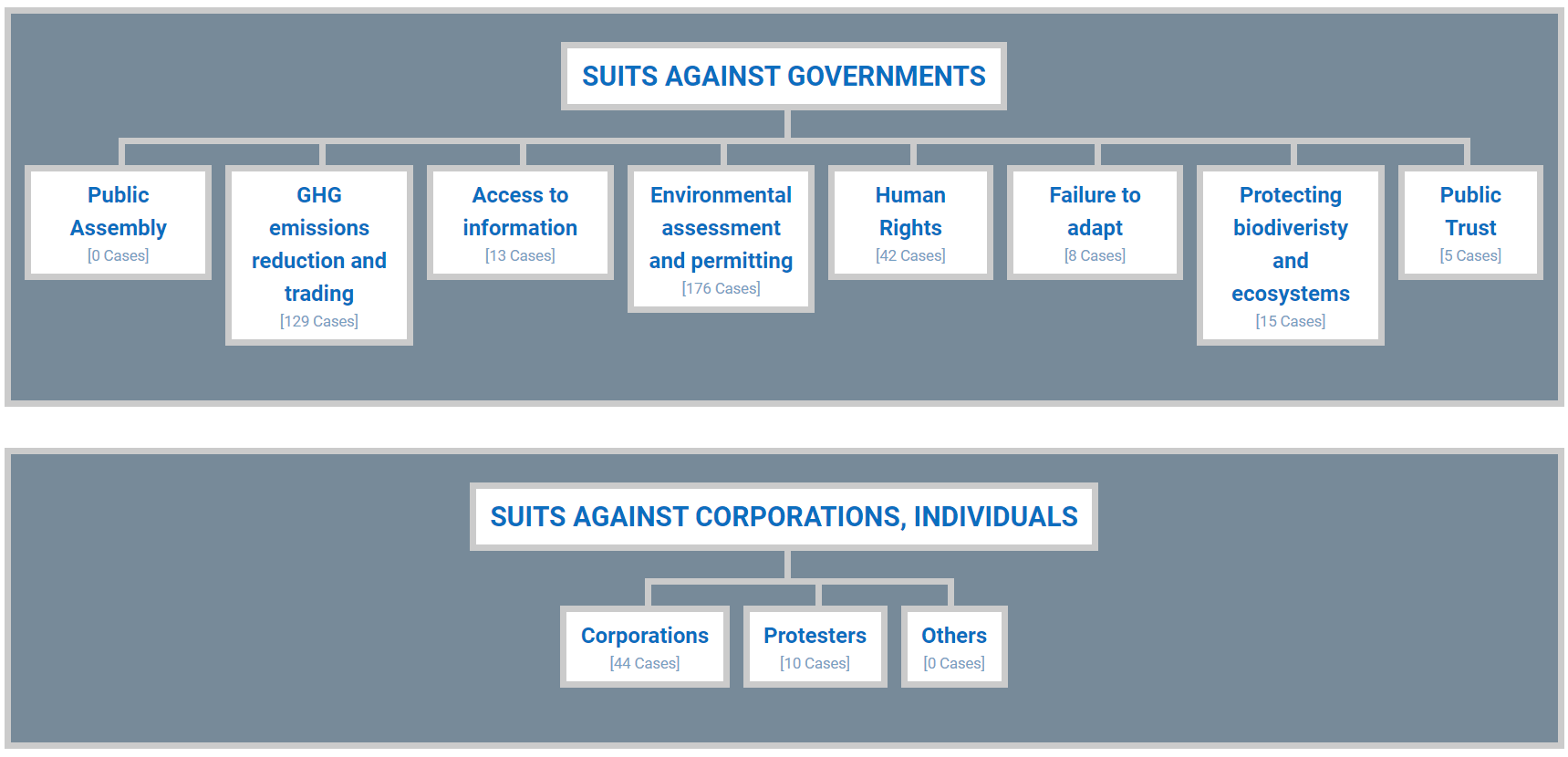Update on Climate Change Litigation
One year after the Dutch Supreme Court upheld the Urgenda decision, climate change litigation is still trending. In this blog, we will inform you on four developments in the climate change litigation landscape that build on the principles laid down in the Urgenda case law, while also giving rise to new questions.
Introduction
As we informed you in our earlier blog, climate change litigation is booming. After the Dutch Supreme Court confirmed the Urgenda-decision, other human rights based cases are filed before both national and international courts. The current blog will inform you on four interesting cases in the climate change litigation landscape.
Youth for climate Justice v. Austria e.a.
On 2 September 2020, six Portuguese youth filed a complaint against 33 countries (including Belgium and the Netherlands) before the European Court of Human Rights (hereinafter: "ECtHR"). This is the first climate case brought before the ECtHR. The complaint states that the respondents violated/violate the human rights of the applicants by failing to take sufficient action on climate change, and relies on articles 2 (right to life), 8 (right to respect for private and family life) and 14 (prohibition on discrimination) of the Convention.
On 30 November 2020, the ECtHR accepted, fast-tracked and communicated the case to the 33 countries, which will have to respond to the claims of the applicants by the end of February 2021.
Milieudefensie v. Shell
While the majority of climate litigation concerns the actions and/or omissions of governments, suits against corporations have become more common:

(source: http://climatecasechart.com/non-us-climate-change-litigation/?cn-reloaded=1).
The case of Milieudefensie e.a. v. Shell serves as an interesting example in this regard. On 5 April 2019, the Dutch environmental organization Milieudefensie e.a. sued Shell for contributing to climate change. The claimants allege that Shell acts wrongfully due to insufficient efforts to combat climate change. Milieudefensie e.a. demand that Shell reduces its CO2 emissions with 45 % in 2030, compared to 2010, ultimately towards a zero level in 2050.
The hearings took place on 1, 2, 15 and 17 December 2020. According to Milieudefensie, a verdict can be expected a few months after the hearings.
Commune de Grande-Synthe v. France
On 23 January 2019, the municipality of Grande-Synthe sued the French government for insufficient action on climate change, emphasizing its geographical vulnerability to the effects of climate change (i.c. sea level rise) as a low-lying coastal municipality.
On 19 November 2020, the French Council of State decided to hear the claim of the municipality and requested the French government to produce evidence supporting that France is taking adequate actions towards meeting its own 2030 climate goals.
Vzw Klimaatzaak v. Belgium e.a.
Lastly, the Belgium climate case is finally in its final procedural stages. Very similar to the Dutch Urgenda case, the organization vzw Klimaatzaak sued both the federal Belgium government and the regional governments for failing to take adequate action to reduce greenhouse gas emissions.
After a lengthy legal debate on the language of the procedure, parties finally submitted their main conclusions from February 2019 through March 2020. The hearings are set for March 2021.
Lessons (to be) learned
While all the climate cases discussed in the current blog build on the principles laid down in the Urgenda case law, it is uncertain whether these cases will have the same outcome as its Dutch precedent. The Dutch case against Shell, for example, does not involve a claim against the State but concerns the actions of a private actor. Private actors, such as enterprises, remain in general outside the scope of international law, implying that the (direct) application of human rights meets a few additional hurdles compared to the Urgenda case law.
We will keep you updated on any new developments in the field of climate change litigation.


